Assistance to Low-Carbon Innovation
Nazarbayev University supports the development of a low-carbon economy by fostering research-driven start-ups, conducting pilot projects in clean energy, and providing technical and educational support to innovators. The university acts as an incubator for emerging technologies, offering the infrastructure, expertise, and partnerships necessary for low-carbon innovation.
NU’s Pilot Projects in Low-Carbon Innovation
Technological and Educational Outcomes
Research and Innovation in Low-Carbon Technologies
Nazarbayev University also contributes to large-scale industrial innovation through formal partnerships. A notable example is the university’s collaboration with ________________, Kazakhstan’s largest national energy holding. From 2023 to 2025, Nazarbayev University researchers are leading a major applied research project on the development of _________________________________________________ for coal-fired power plants. The project is aimed at reducing industrial greenhouse gas emissions while modernizing legacy energy infrastructure.
This collaboration not only supports national decarbonization targets but also strengthens the university’s capacity to influence industrial transformation through science-based solutions and policy engagement.
Nazarbayev University is home to several laboratories and centers that actively drive low-carbon technological advancements. These research units serve as engines of innovation, providing a foundation for applied projects, spin-offs, and policy-relevant outputs that help accelerate Kazakhstan’s transition to a carbon-neutral economy. Their work is grounded in both fundamental science and applied engineering, with a strong focus on knowledge transfer and entrepreneurial support.
This collaboration not only supports national decarbonization targets but also strengthens the university’s capacity to influence industrial transformation through science-based solutions and policy engagement.
Nazarbayev University is home to several laboratories and centers that actively drive low-carbon technological advancements. These research units serve as engines of innovation, providing a foundation for applied projects, spin-offs, and policy-relevant outputs that help accelerate Kazakhstan’s transition to a carbon-neutral economy. Their work is grounded in both fundamental science and applied engineering, with a strong focus on knowledge transfer and entrepreneurial support.
In addition to its academic and laboratory-driven work, Nazarbayev University leads by example through practical implementation. The university's pilot projects are designed not only to test innovative low-carbon technologies but also to generate real-world data and demonstrations that inform energy policy, influence consumer behavior, and provide replicable models for wider adoption. These pilots act as living laboratories for testing system integration, digital monitoring, cost optimization, and behavioral responses to clean energy interventions.
Objectives:
- Demonstrate solar thermal heating in Astana’s winter climate (average -15°C).
- Reduce liquefied gas dependence and CO₂ emissions.
- 17.5 kW thermal solar collectors.
- Integration with gas boilers and air-to-water heat pumps.
- 750L buffer tank (heating), 200L tank (hot water).
- Zero gas use from May to October.
- 35% annual gas reduction (April: 307 kg saved).
- 5.9 tons CO₂ reduction per year.
Solar Thermal Station – 20 Townhouses (2024 Expansion)
Goals:
- Scale the project to 20 homes (Phase 1).
- Achieve 100% solar-powered hot water (May–October).
- Reduce gas consumption by 10,280 m³ annually.
- Real-time monitoring via RETS sensors.
- Siemens S7-1500 PLC-controlled automation.
- Investment: 19.9 million KZT.
- Payback: 4.5 years.
- Annual savings: 4.4 million KZT.
The outcomes of Nazarbayev University's low-carbon innovation initiatives are not limited to technical performance alone. They also yield valuable insights for science education, interdisciplinary collaboration, and innovation-driven capacity building. Through experiential learning, advanced simulation tools, and faculty-student research partnerships, the university cultivates the next generation of engineers, scientists, and clean-tech entrepreneurs ready to lead the carbon transition in Kazakhstan and the region.
Entrepreneurial Support and Start-up Acceleration
Research Contributions:
- Verified performance of solar systems in sub-zero environments using RETS meteorological data.
- Improved hybrid integration of solar collectors and heat pumps.
- Findings shared through 4 roundtables and 3 workshops in 2023.
Nazarbayev University’s low-carbon innovation programs are designed to maximize societal relevance and long-term policy impact. By combining research, implementation, and outreach, NU builds public understanding and contributes to Kazakhstan’s green transformation.
Community and Policy Impact
Public Outreach and Education:
Policy Engagement:
- The Solar Thermal Pilot project has contributed data and findings to Kazakhstan’s Green Technology Innovation Roadmap.
- NU faculty serve as expert advisors on energy policy task forces, working closely with ministries and industry regulators.
Capacity Building:
- Training courses in automated control systems (Siemens, Kometa).
- Internship: Master’s student Meirzhan Abdyk optimized heating control systems.




